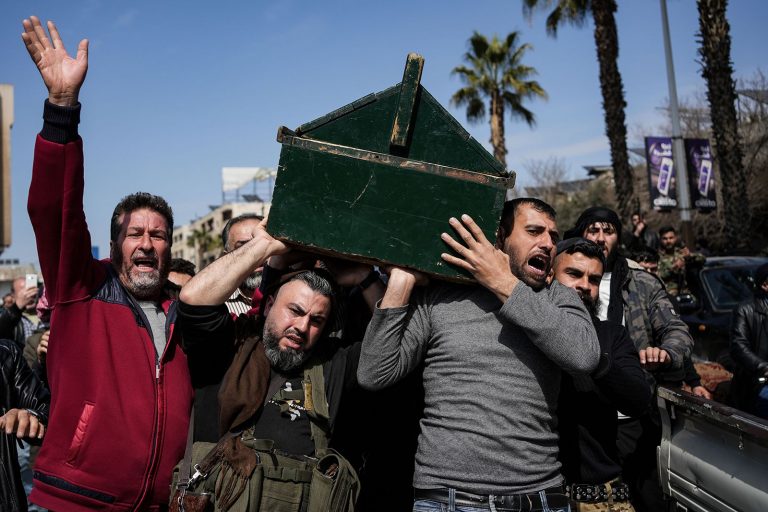US Bombs Target ISIL In Nigeria: What’s Really Going On?
The United States has launched “powerful and deadly” strikes against groups it claims are affiliated with ISIL (ISIS) in Nigeria, President Donald Trump said on Thursday.
The unprecedented Christmas Day strikes came after weeks of accusations from Trump and top Republicans about an alleged “Christian genocide” they say has been enabled by the Nigerian government. They represent the first known direct US military intervention in the troubled, conflict-racked country.
Neither side has shared precise information about the identity of the targets struck and the results of the strikes.















